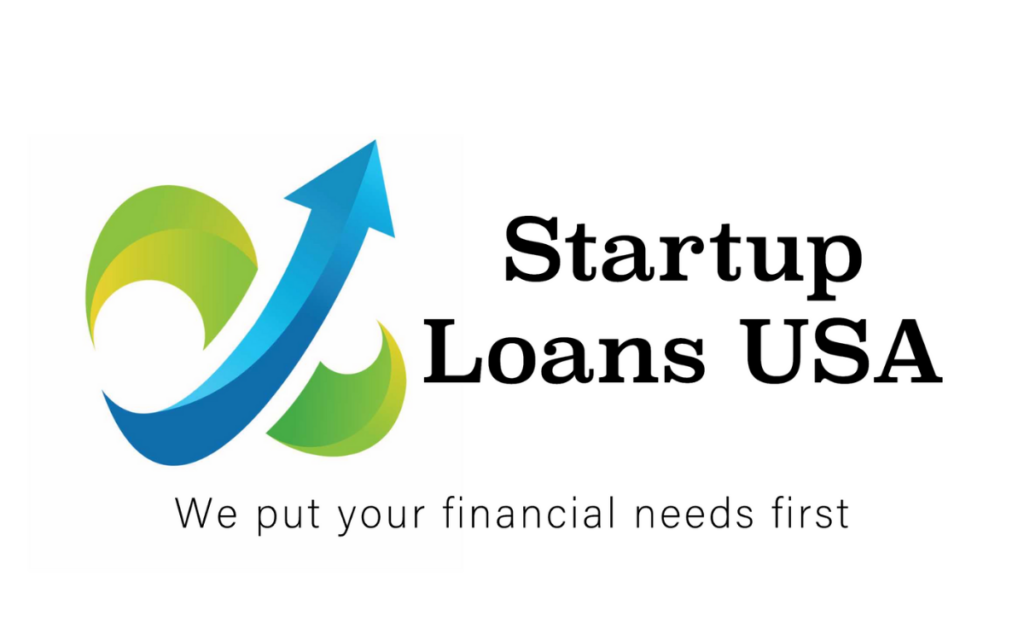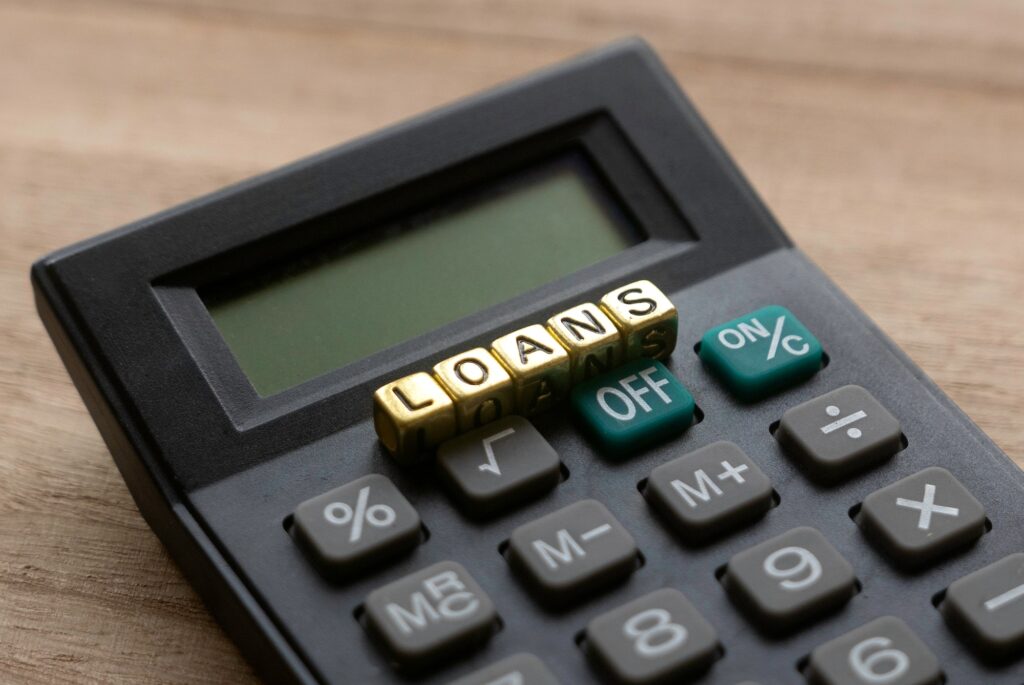An unsecured loan is a type of loan that does not require collateral to secure the loan. If the borrower doesn’t make the payments as agreed, lenders are not allowed to seize any property or asset for loan repayment. These types of loans can help people access funds quickly and without having to put up collateral. Borrowers should know that failing to pay an unsecured loan can have grave consequences when no collateral secures the debt.
Benefits of Unsecured Loans
In many cases, start-ups need to purchase inventory or equipment upfront in order to begin operations or grow their business. However, these purchases can be costly, and start-ups may not have the necessary funds on hand to cover the expense. This is where start-up loans can come in handy.
These types of loans can help borrowers cover unexpected expenses, consolidate debt, make home improvements, or finance large purchases. Below are some advantages of unsecured loans:
No Collateral Needed – Unsecured loans do not require any form of collateral to back them up. This means that you won’t have to risk losing assets such as your car or house if you fail to make payments as agreed.
Nevertheless, unsecured loans are deemed to carry more risk for lenders than secured loans, given that they are not supported by collateral. As a result, unsecured loans typically have higher interest rates and stricter lending criteria.
Flexibility – One of the advantages of unsecured loans is that they offer borrowers greater flexibility when it comes to repayment terms. Unsecured loans offer more flexibility in repayment compared to secured loans with fixed schedules and strict terms.
With an unsecured loan, you can choose the loan term that works best for you, whether it is a few months or several years. This means that you can tailor your repayment schedule to fit your budget and make payments that are affordable for you. This flexibility allows you to manage your finances more effectively and avoid financial strain.
Lower interest rates: They often come with lower interest rates compared to other types of loans, such as credit cards or payday loans. Having a high credit score and steady income can help you obtain a lower interest rate compared to secured loans or credit cards with high interest rates.
Because unsecured loans do not require collateral, lenders have less security to fall back on in case you default on the loan. This means that they are taking on more risk by lending to you, and they may charge a higher interest rate to compensate for that risk. If you have a solid credit score and income, lenders may provide a lower interest rate on unsecured loans.
Types of Unsecured Loans
There are several different types of unsecured loans available, including personal loans, student loans, and credit cards.
Personal Loans: Personal loans are one of the most popular types of unsecured loans available. They typically require a good credit score and can be used for a variety of purposes such as consolidating debt or financing large purchases. Personal loans are an appealing choice for fast cash without requiring collateral since they generally feature advantageous interest rates and adaptable payback schedules.
Federal/Private Student Loans: Federal student loans, such as Direct Subsidized Loans and Direct Unsubsidized Loans, are unsecured loans offered by the U.S. Department of Education to help students pay for college or career school. These loans do not require a credit check, and the interest rates are fixed and generally lower than private student loans.
Private student loans may also be unsecured, but the interest rates and terms will vary depending on the lender and the borrower’s creditworthiness. Having a solid credit score and a steady income can help you qualify for a lower interest rate on an unsecured student loan.
Credit Card Loans: When you use your credit card to make a purchase, you are essentially taking out a loan from the credit card company. You will be required to pay back the loan amount, plus any interest and fees, in monthly installments. If you fail to make your payments on time, you may be subject to late fees, penalties, and a higher interest rate.
One advantage of credit card loans is that they can be very flexible. You can choose how much you want to borrow, up to your credit limit, and you can pay back the loan in installments over time. Additionally, many credit cards offer rewards programs, such as cash back or travel rewards, which can help you earn valuable benefits while you spend.
Credit card loans usually have higher interest rates compared to other unsecured loans like personal loans, which is a major disadvantage. The interest rates on credit card loans can vary widely depending on your credit score, your credit history, and the credit card company’s policies.
Credit card loans may include extra charges like annual fees, balance transfer fees, or cash advance fees that increase the borrowing expense.
Eligibility Requirements
Unsecured loans, such as personal loans or credit card loans, typically have eligibility requirements that borrowers must meet in order to qualify for the loan. The specific requirements may vary depending on the lender and the type of loan, but here are some common criteria that lenders may consider:
Lenders may look at your credit score to determine whether you are a good candidate for an unsecured loan. Having a higher credit score can improve your loan approval odds and fetch you better terms, like reduced interest rates.
To get an unsecured loan, American lenders might ask that borrowers show they have a reliable income and consistent employment history. This helps ensure that you will be able to make your payments on time and repay the loan according to the agreed-upon terms.
Lenders may also consider your debt-to-income ratio, which compares your monthly debt payments to your monthly income. A lower debt-to-income ratio can increase your chances of being approved for a loan and can also lead to more favorable terms.
Some lenders may require borrowers to be U.S. citizens or permanent residents in order to qualify for an unsecured loan.
Lenders may have a minimum age requirement for borrowers, typically 18 years or older.
Additional requirements may apply for eligibility depending on the lender, loan type, credit history, income, and employment stability.
It is important to note that meeting these eligibility requirements does not guarantee that you will be approved for an unsecured loan. Lenders may also consider other factors, such as your loan amount, loan purpose, and overall financial situation, when making their lending decisions.
Unsecured loans are an excellent option for those who need to borrow money without having to put up any form of collateral. These loans can provide a quick and easy way to obtain funds for a variety of needs, such as consolidating debt or financing large purchases. Unsecured loans typically require good credit and come with competitive interest rates, flexible repayment plans, and other attractive features. It’s important to research different lenders and compare their terms before signing any paperwork to make sure you’re getting the best deal available. Proper financial planning can make an unsecured loan a worry-free method to acquire funds without collateral.

